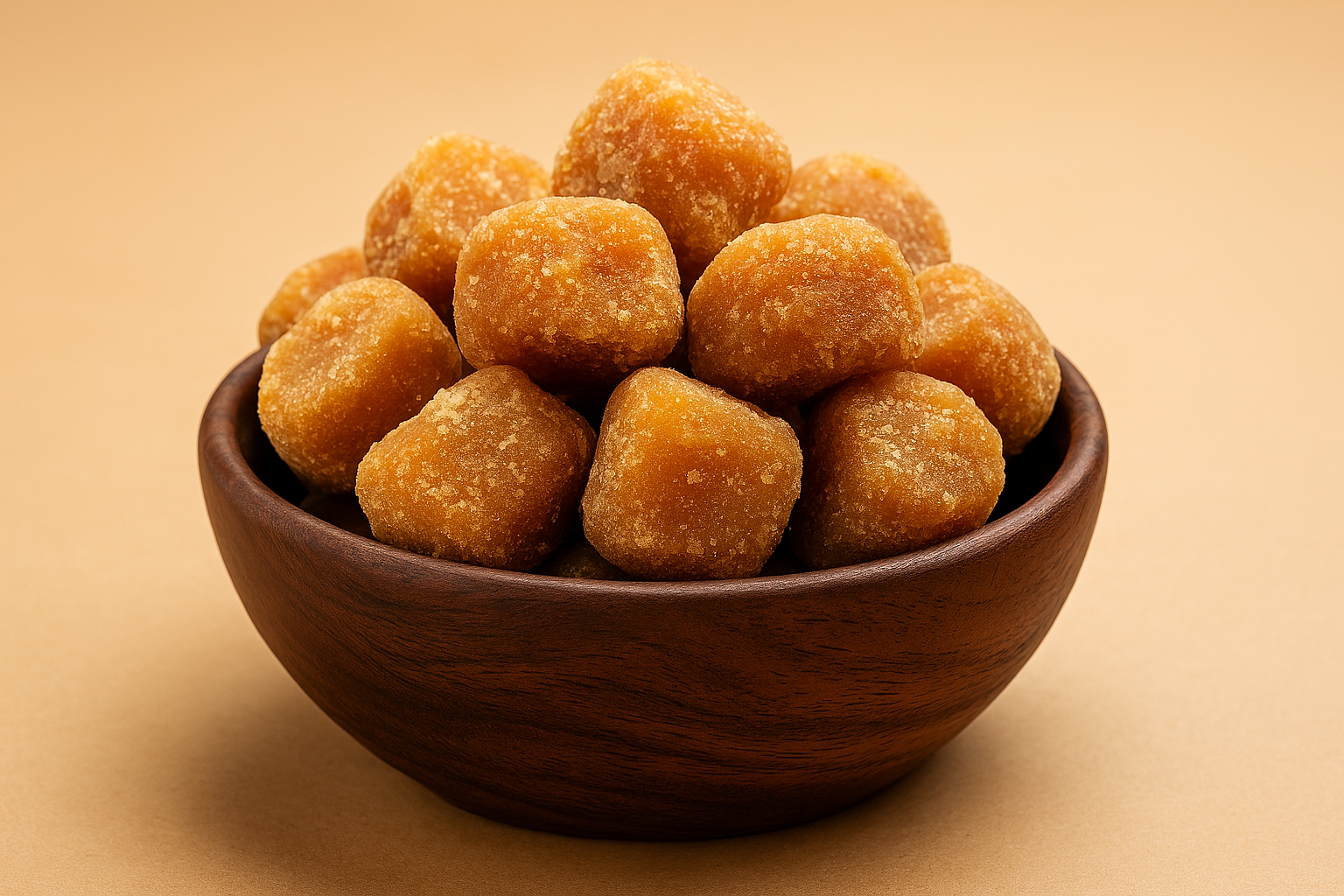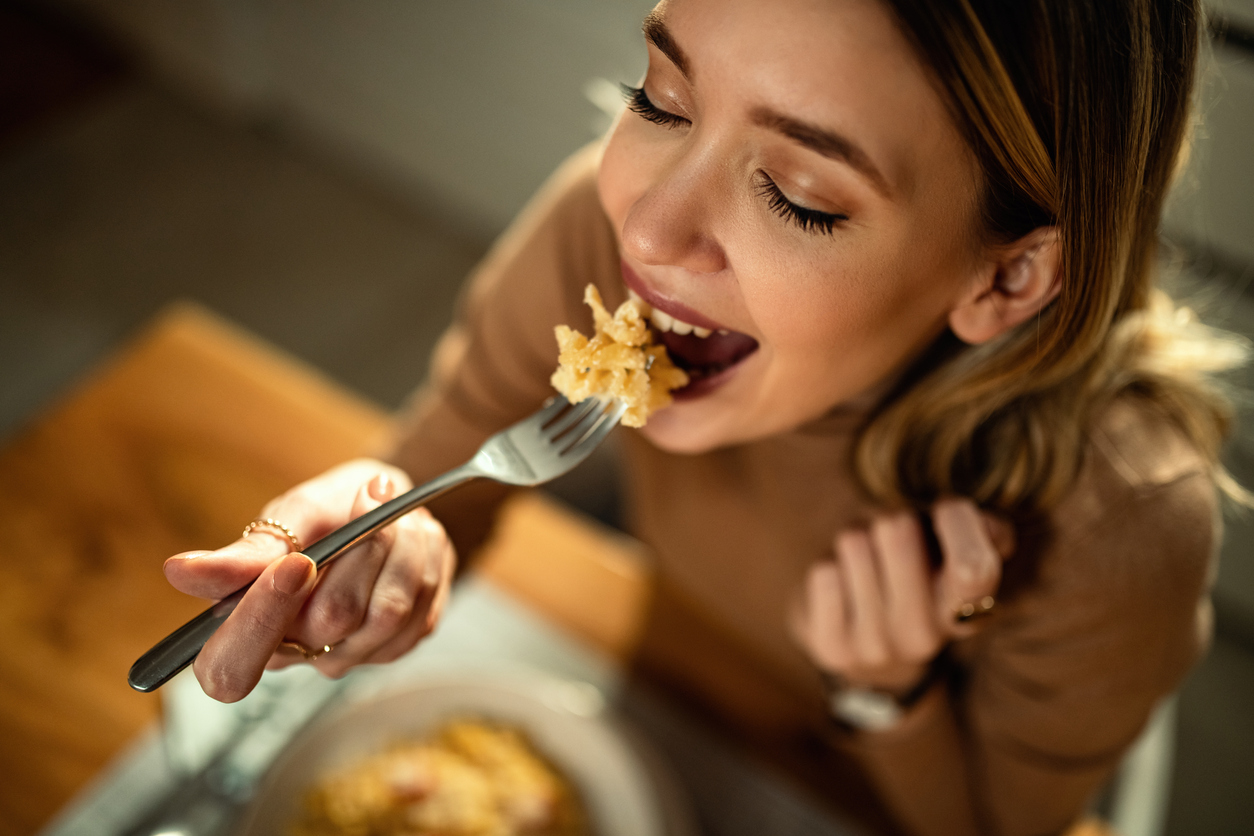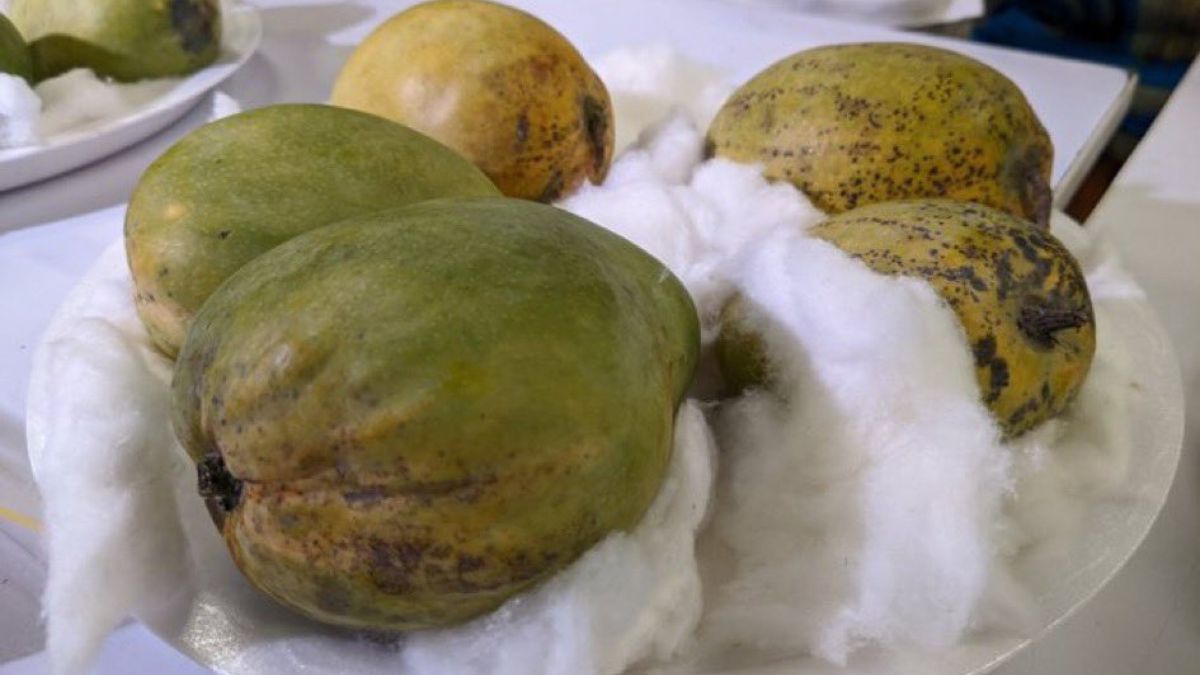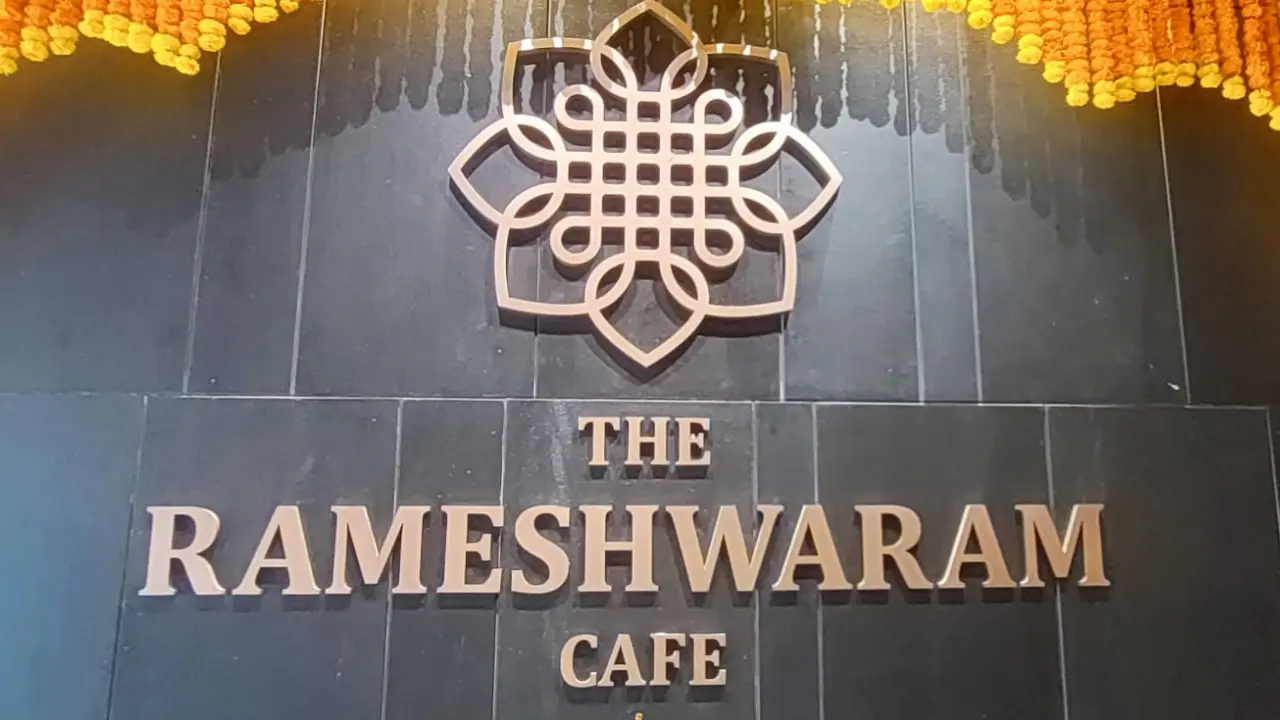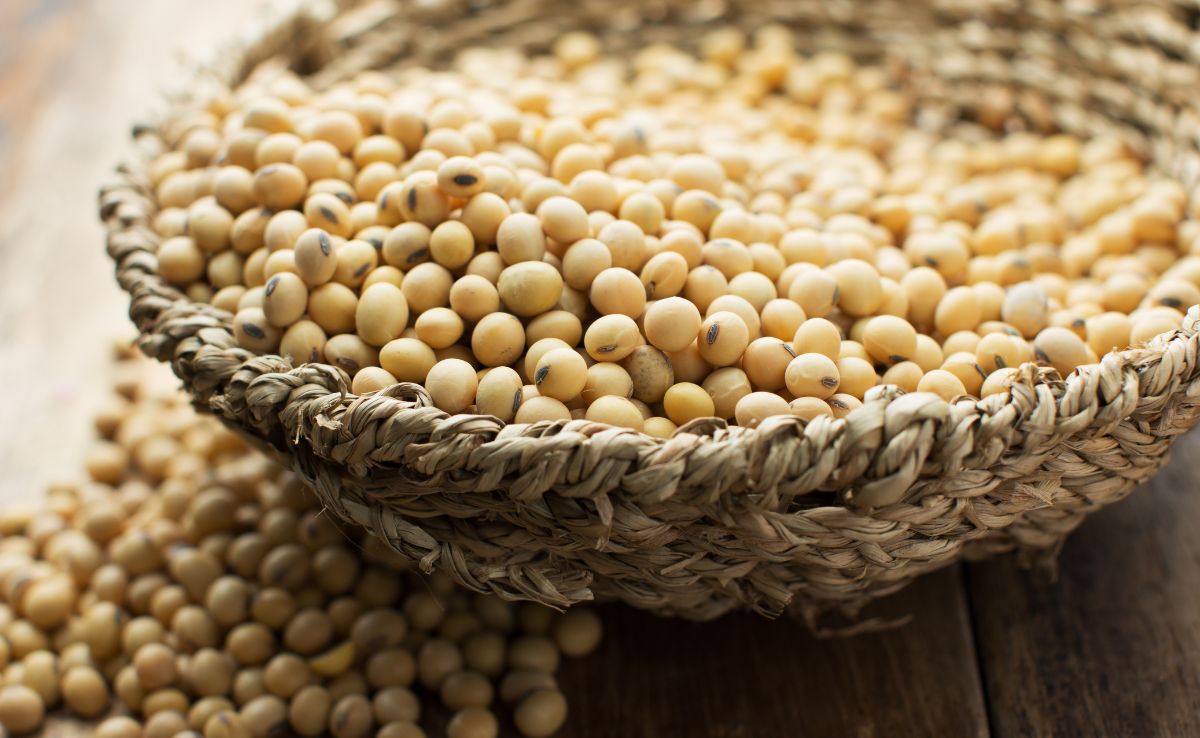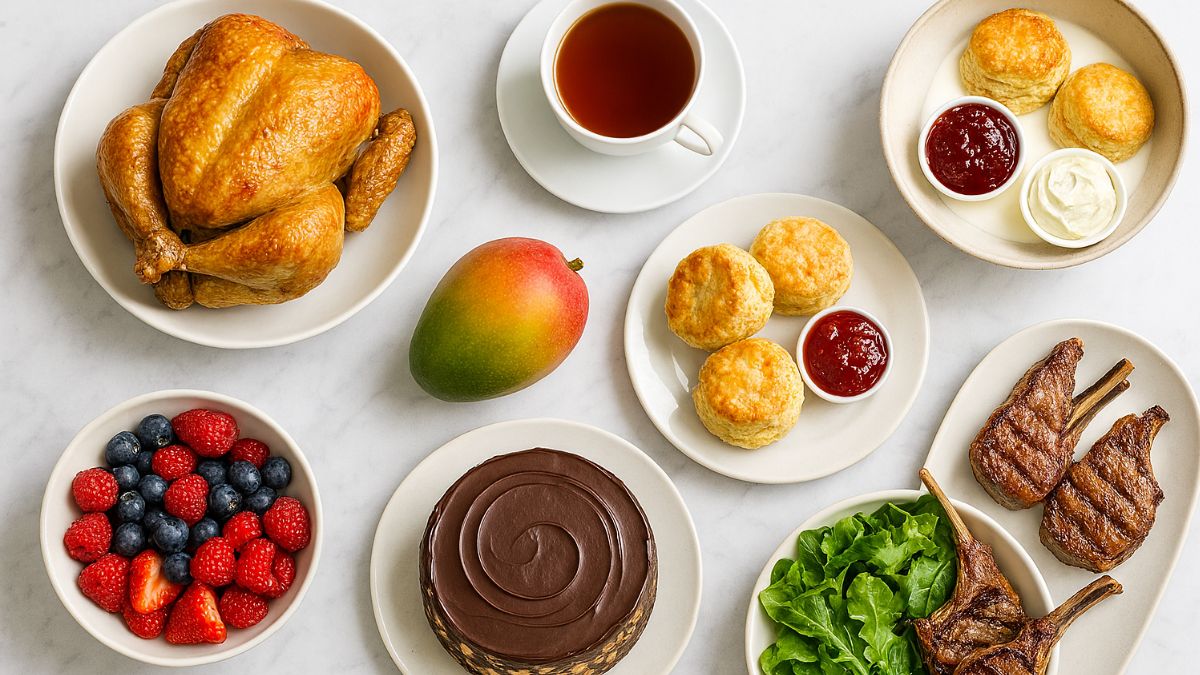During the holy month of Ramadan, The majority of people can do fasting without too much difficulty. Diabetes patients, on the other hand, face some challenges. Diabetics who choose to fast during Ramadan should drink plenty of water during non-fasting hours. Staying hydrated can help prevent dehydration and the complications that come with it. Diabetes patients should take extra precautions during Ramadan fasting and stick to a proper diet plan to keep their blood sugar levels under control. At Suhoor, they should eat a balanced diet and choose foods with a low glycaemic index. Diabetics should break down Iftar meals into small portions and avoid sugary treats and fried foods.
(Also Read: This Ramadan Kareem, Detox Both Your Health and Mind: 7 Benefits of a Soulful Eating)
It is critical to consume appropriate foods during Iftar. When you break your fast in the evening, include fruits, vegetables, pulses and curd in your diet.
If you have diabetes, here are healthy fasting tips for Ramadan-
1. Keeping hydrated is essential for getting through the day. When you break the fast, make sure you drink plenty of water. You should drink at least 7-8 glasses of water per day. If you need more hydration, drink both water and coconut water. When compared to sports drinks, coconut water has similar hydrating properties because it contains a combination of carbohydrates, electrolytes, and fluid.
Green tea, mint tea, and chamomile tea are all excellent alternatives to water for meeting your fluid needs. These drinks also help with digestion. To avoid consuming unnecessary calories, serve them without sugar.

2. Begin your Iftar meal with foods that are high in simple carbohydrates and are easily absorbed by the body, such as 1-2 dates or any plant-based milk like- almond milk, coconut milk, etc. Then there are the complex carbohydrates, like brown rice and chapatis.

3. At Suhoor, do not skip a meal. In the morning, eat a well-balanced meal and adjust your insulin and medication doses according to your doctor's recommendations. Suhoor should include slow-releasing starchy carbohydrates like multigrain bread, oat-based cereals, and brown rice, as well as beans, pulses, lentils, fruit, and vegetables.
Fruit and vegetables are hydrating, so eat more than five portions per day during Ramadan. Watermelon, grapefruit, apples, tomatoes, cucumber, squash, zucchini, and lettuce are just a few examples. They're high in both water and fiber. They last a long time in the intestines and reduce thirst. Soups, yogurt, and oatmeal can all help you stay hydrated by naturally containing water, so include them as well in your meals.
Complex carbohydrates have a low glycemic index, which means they take longer to digest, absorb, and ingest, and thus keep you full for a longer period of time. Lean proteins, such as fish, tofu, and nuts, are high in energy.

4. It is important to get adequate rest. Sleep deprivation alters hunger hormones, making it more difficult to avoid consuming large quantities of high-calorie foods during the eating window. Sleep is also beneficial to the metabolic process because it has been shown to aid in blood glucose balance, which is essential for diabetes treatment. Do not overeat at Sehri or Iftar. At both meals, avoid deep-fried foods and foods high in sugar.
5. Sugary and fried foods should be avoided. For food preparation, opt for healthier cooking methods such as baking or grilling. Use sugar-free substitutes such as figs, dates, fruits, and cinnamon. You can also include healthy alternatives like sugar-free lemonade, fruit smoothies, and sugar-free low-fat cold coffee.
6. Strenuous exercise should be avoided during the fasting season because it causes hypoglycemia. A short walk after eating will help to improve post-meal spikes. Meditation, light yoga, and walks are all excellent forms of physical activity that will keep your body active and your energy levels high.
This Ramadan, follow these tips and stay healthy.
About the Author- Ms. Eshanka Wahi is a Dubai & Delhi-based Wellness Advocate & Nutrition Coach. She strongly believes that eating healthy is the strongest form of self-respect. Eshanka Wahi creates gut-strengthening, nutritious alternatives for all comfort food by eliminating unhealthy ingredients & replacing them with nutrient-dense superfoods.
Disclaimer: The opinions expressed within this article are the personal opinions of the author. NDTV is not responsible for the accuracy, completeness, suitability, or validity of any information on this article. All information is provided on an as-is basis. The information, facts or opinions appearing in the article do not reflect the views of NDTV and NDTV does not assume any responsibility or liability for the same.
